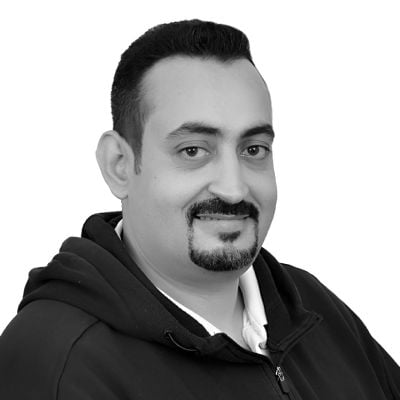The popular messaging app Telegram, led by CEO Pavel Durov, has faced scrutiny for its refusal to participate in global child protection programs. Despite having over 950 million registered users, Telegram has opted not to join initiatives like the National Centre for Missing and Exploited Children (NCMEC) and the Internet Watch Foundation (IWF), which are pivotal in identifying and removing child abuse content online.
Durov, a billionaire entrepreneur, is currently under investigation in France. The 39-year-old faces allegations related to insufficient moderation on his platform, including accusations of failing to cooperate with authorities on issues like drug trafficking, child exploitation, and fraud.
Telegram has stated that it actively moderates harmful content, including child sexual abuse material (CSAM), and asserts that its moderation practices align with industry standards. However, unlike other major social media platforms, Telegram has not registered with NCMEC’s CyberTipline, a program involving over 1,600 internet companies, which helps in the detection and removal of CSAM.
While U.S.-based companies are required by law to participate in such programs, 16% of the companies involved are international. Despite this, Telegram, headquartered in Dubai where Durov resides, has consistently ignored requests from NCMEC to join their efforts.
The IWF, the UK’s counterpart to NCMEC, has also expressed frustration with Telegram’s non-participation. Despite attempts to engage with the company over the past year, Telegram has not utilized IWF’s services, which are designed to block and disrupt the sharing of CSAM. Although Telegram does remove CSAM when confirmed, it has been criticized for its slower response times compared to other platforms.
In addition to these concerns, Telegram has also not joined the TakeItDown program, which combats the distribution of revenge porn. Major platforms like Facebook, Instagram, TikTok, and Snapchat are part of this initiative, using a hash list to scan for inappropriate content on their platforms.
Transparency reporting is another area where Telegram diverges from industry norms. Unlike most social networks that publish detailed reports of content removed at the request of law enforcement every six months, Telegram only shares these reports through a channel on its app, with no historical archive available.
When the BBC sought comment from Telegram regarding its refusal to join child protection schemes, the company provided a response after the article was published but did not address follow-up questions. In a recent interview with Tucker Carlson, Durov revealed that Telegram operates with a small team of “about 30 engineers,” despite its massive user base.
Durov, originally from Russia and now a resident of Dubai, holds citizenship in Russia, France, the United Arab Emirates, and St. Kitts and Nevis. Telegram remains especially popular in Russia, Ukraine, and other former Soviet states, as well as in Iran.

